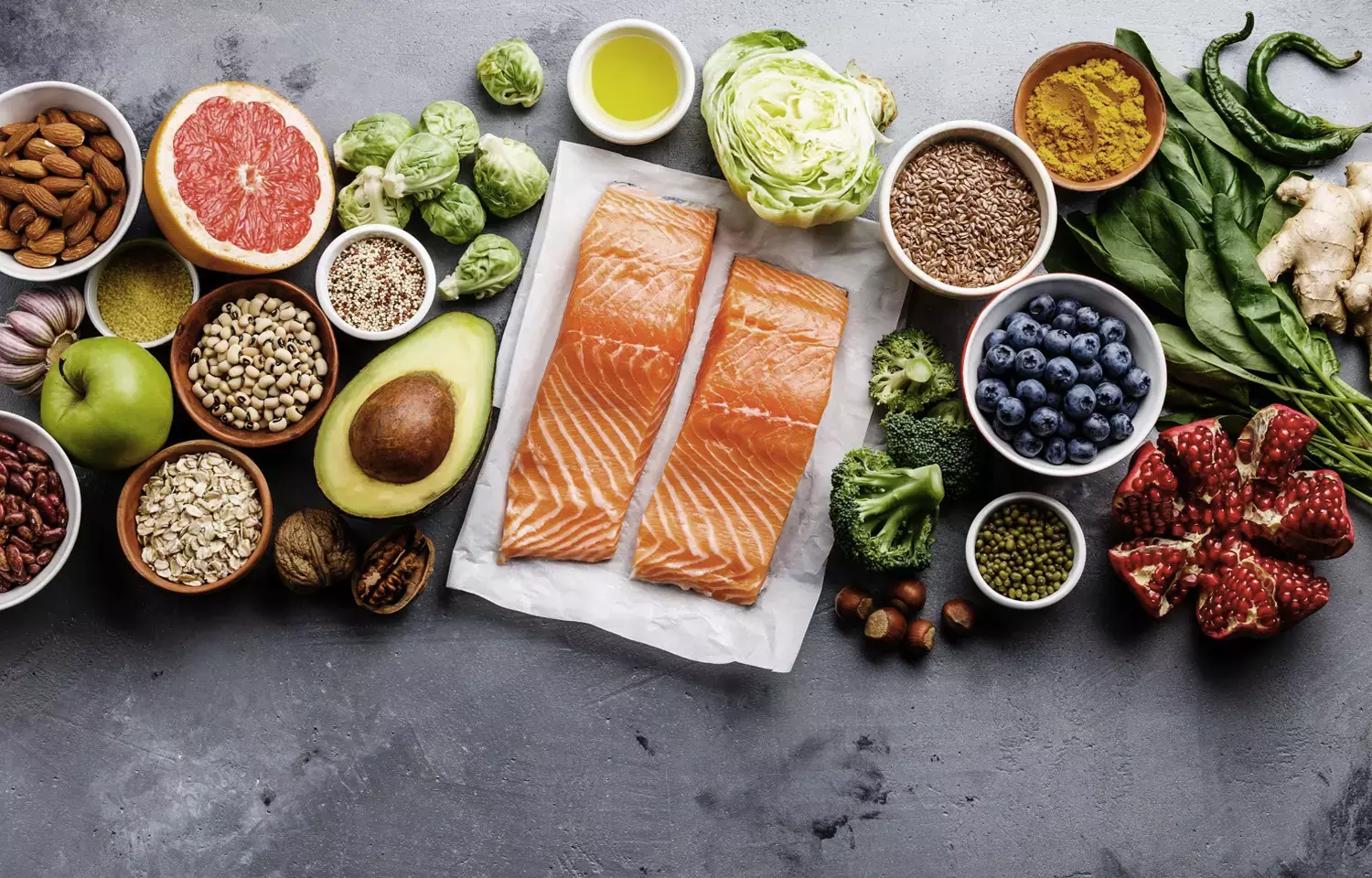- Home
- Medical news & Guidelines
- Anesthesiology
- Cardiology and CTVS
- Critical Care
- Dentistry
- Dermatology
- Diabetes and Endocrinology
- ENT
- Gastroenterology
- Medicine
- Nephrology
- Neurology
- Obstretics-Gynaecology
- Oncology
- Ophthalmology
- Orthopaedics
- Pediatrics-Neonatology
- Psychiatry
- Pulmonology
- Radiology
- Surgery
- Urology
- Laboratory Medicine
- Diet
- Nursing
- Paramedical
- Physiotherapy
- Health news
- Fact Check
- Bone Health Fact Check
- Brain Health Fact Check
- Cancer Related Fact Check
- Child Care Fact Check
- Dental and oral health fact check
- Diabetes and metabolic health fact check
- Diet and Nutrition Fact Check
- Eye and ENT Care Fact Check
- Fitness fact check
- Gut health fact check
- Heart health fact check
- Kidney health fact check
- Medical education fact check
- Men's health fact check
- Respiratory fact check
- Skin and hair care fact check
- Vaccine and Immunization fact check
- Women's health fact check
- AYUSH
- State News
- Andaman and Nicobar Islands
- Andhra Pradesh
- Arunachal Pradesh
- Assam
- Bihar
- Chandigarh
- Chattisgarh
- Dadra and Nagar Haveli
- Daman and Diu
- Delhi
- Goa
- Gujarat
- Haryana
- Himachal Pradesh
- Jammu & Kashmir
- Jharkhand
- Karnataka
- Kerala
- Ladakh
- Lakshadweep
- Madhya Pradesh
- Maharashtra
- Manipur
- Meghalaya
- Mizoram
- Nagaland
- Odisha
- Puducherry
- Punjab
- Rajasthan
- Sikkim
- Tamil Nadu
- Telangana
- Tripura
- Uttar Pradesh
- Uttrakhand
- West Bengal
- Medical Education
- Industry
Foods rich in saturated fatty acids and high protein linked to better thyroid function: Study

Croatia: According to data from a cross-sectional study published in the journal Nutrition, eating meals high in protein and saturated fatty acids often is linked to higher thyroid function. This study found that eating meals with a high glycemic index on a regular basis has a detrimental impact on thyroid function. Simultaneously, 'healthy foods' with high protein content and foods high in saturated fatty acids, which are not restricted in today's diet, were found to have beneficial effects on thyroid function.
The goal of this ground-breaking study was to look at the effects of a wide range of dietary variables on plasma levels of free triiodothyronine, free thyroxine, and thyroid-stimulating hormone. A total of 4,585 people from three Croatian regions were recruited to take part in the study (60.1 percent women; mean age, 53.5 years).
Blood samples were obtained from all of the subjects to determine plasma-free T3, free T4, and TSH levels. The researchers looked into the links between free T3, free T4, and TSH in each dietary category.
The study highlights:
• In comparison to men, women exhibited greater TSH levels and lower free T3 and T4 levels.
• Non-smokers and ex-smokers have lower TSH levels than smokers.
• In the research group, 4,217 people had free T3 levels that were within normal limits. Adults who ate more bacon and sausages had greater free T3 levels, but eating more mushrooms and pickled vegetables had a negative correlation with free T3.
• 4,124 people had free T4 levels that were within normal limits. Pork, cattle, and eggs, as well as mushrooms and canned or pickled vegetables, butter, and animal fat, were linked to decreased free T4 levels.
• Free T4 was positively linked with eating a lot of fish, white bread instead of whole-grain bread, fruit juices, Cedevita vitamin drinks, non-alcoholic beverages, bacon and sausages, powdered soups, and vegetable juice.
• There were 3,866 individuals in the research group who had normal TSH levels. Consuming a lot of fruit juices, Cedevita vitamin drinks, and non-alcoholic beverages was linked to lower plasma TSH levels, but eating a lot of venison or fish was linked to higher plasma TSH levels.
"This is the first study to analyze the influence of a comprehensive set of dietary factors on plasma free triiodothyronine, free thyroxine, and thyroid-stimulating hormone levels, the study showed frequent consumption of foods with a high glycemic index showed a positive association with fT3 and fT4 levels and a negative association with TSH levels, whereas foods rich in saturated fatty acids and with a high protein concentration showed a negative association with fT3 and fT4 levels," the specialist in the department of nuclear medicine at University Hospital Split in Croatia, and colleagues wrote.
Reference
Dubravka Brdar, Ivana Gunjača, Nikolina Pleić, Vesela Torlak, Petra Knežević, Ante Punda, Ozren Polašek, Caroline Hayward, Tatijana Zemunik, The effect of food groups and nutrients on thyroid hormone levels in healthy individuals, Nutrition, Volumes 91–92, 2021,111394, ISSN 0899-9007, https://doi.org/10.1016/j.nut.2021.111394.
Medical Dialogues consists of a team of passionate medical/scientific writers, led by doctors and healthcare researchers. Our team efforts to bring you updated and timely news about the important happenings of the medical and healthcare sector. Our editorial team can be reached at editorial@medicaldialogues.in.
Dr Kamal Kant Kohli-MBBS, DTCD- a chest specialist with more than 30 years of practice and a flair for writing clinical articles, Dr Kamal Kant Kohli joined Medical Dialogues as a Chief Editor of Medical News. Besides writing articles, as an editor, he proofreads and verifies all the medical content published on Medical Dialogues including those coming from journals, studies,medical conferences,guidelines etc. Email: drkohli@medicaldialogues.in. Contact no. 011-43720751


